 Features
Features
A look into Field Records’ intimate ‘Landscape’ workshops
The Dutch label shares images & impressions from their experience promoting the practice of field recording in Asia
When Field Records toured Asia in late May, the agenda wasn’t merely to showcase their distinct sonic repertoire that now boasts over 30 physical releases.
Known initially to champion minimal sensibilities, the Dutch label was also celebrating its 15th year in supporting high-principled artists from around the world, from even more diverse realms of sound.
For example, take their latest release by Germany’s Monolake titled ‘Hongkong’ which the label presented as a first complete vinyl edition of the group’s early singles. Originally released in 1997, these tracks by Robert Henke and Gerhard Behles were made when the two were studying computer science and dove into the Berlin techno scene; it’s a look into their early explorations of computer-based music, while also showcasing extensive field recordings.
‘Hongkong’ was considered their “seminal excursion into experimental dub techno”, but also a gamechanger in terms of novel directions in music production. Upon closer listening, the recordings implemented into the pieces serve as a binding power that brought together Henke and Behles’ tracks resulting in a subliminal and yet expansive listening experience that opens the listener’s eyes and ears to a vast soundscape of immersive sounds.
Henke himself says “Twenty-five years later, this record still holds immense value to me in many ways.” Listen to the track ‘Cyan’ below.
Label founder Arjan Rietveld, alongside Dutch duo Artefakt comprising Robin Koek and Nick Lapien have kept the explorative spirit of field recording practices alive in their productions and — during their ‘Floating World’ label tour to Asia — sought to share their experience and expertise with those who share the same interest.
Read this next: Like Animals & Viv Yumul exchange a mesmeric & spatial piece through forest field recordings
More than merely fanning the flames of inspiration, the free workshops titled ‘Landscape’ held in Hanoi, Tokyo and Seoul were an open invitation to become more aware of our surroundings, enticing us to dive deeper into the rich cultural heritage from a sonic angle.
After intense and insightful exchanges, the three artists-slash-instructors spoke to us on their recent trip to Asia, their take on the significance of field recordings and give us a peek into their upcoming follow-up workshop.
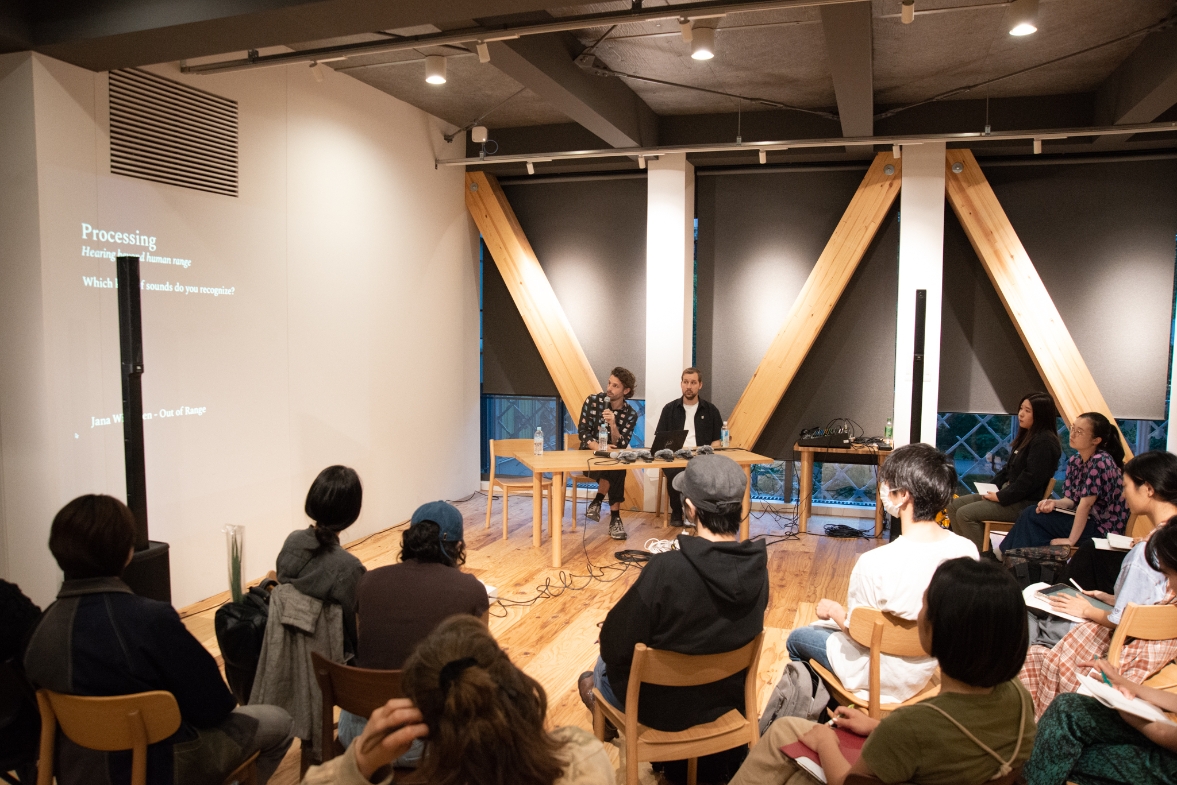
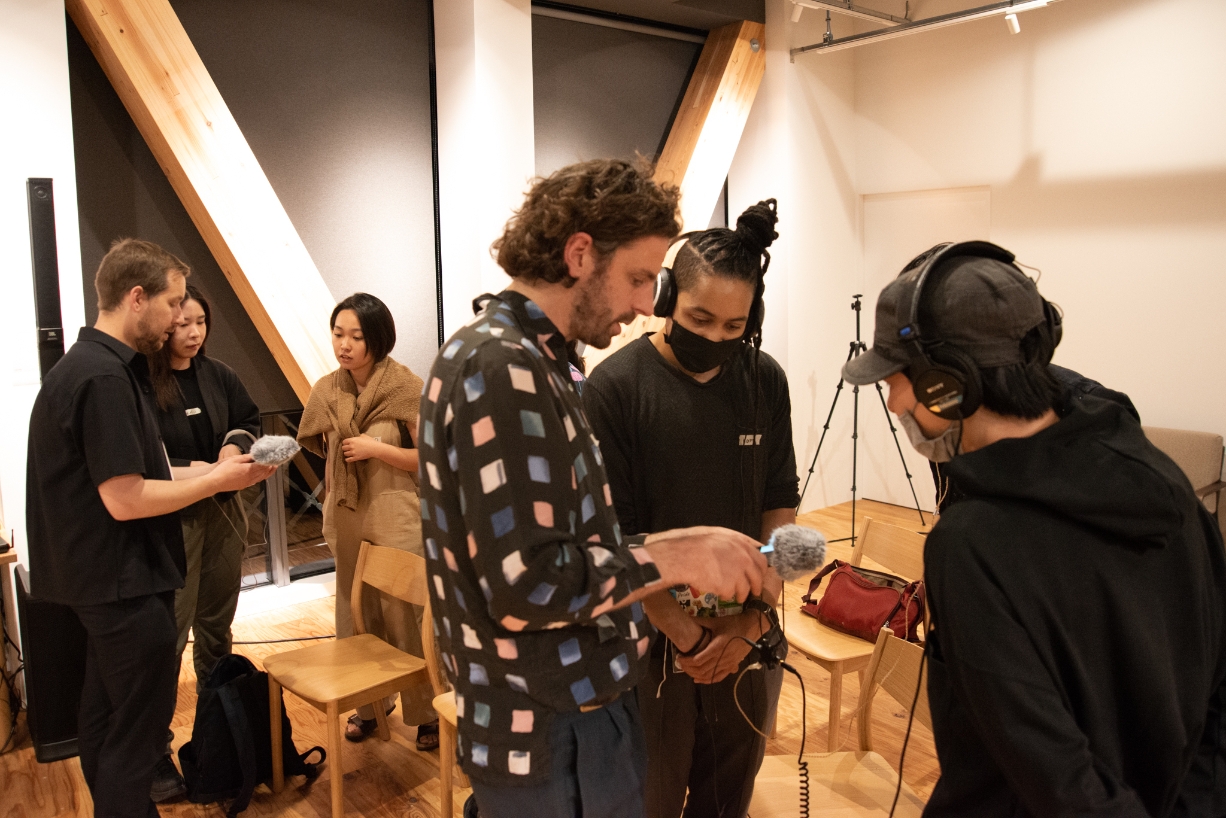
How was the reception from the crowds in the cities you visited for your showcase nights and workshops?
Arjan: It was a delight to be able to kick off Field Records’ ‘Floating World’ tour across Asia in May. There were lots of magical moments to be shared on the dance floor.
We also loved making the ‘Landscape’ workshops happen in Hanoi, Seoul and Tokyo. Participants were very eager to learn more about the practice of field recording. Also, it was interesting to notice diversity amongst participants in terms of age, gender and (musical) background, which allowed for open approaches and discussions with regard to field recording.
Can you share with us any interesting locations or places of yours to do field recording?
Nick: One of our favourite places to record is Japan, which offers a rich array of sounds to record — both organic and electronic.
During our time there, we stayed at an artist-in-residence in Matsudo called PARADISE AIR located on top of a pachinko (gambling) hall. The sounds from these pachinko machines were audible in a euphony that was filtered by the door that separates the game hall from our residence, thereby creating an ever-changing ambient soundscape.
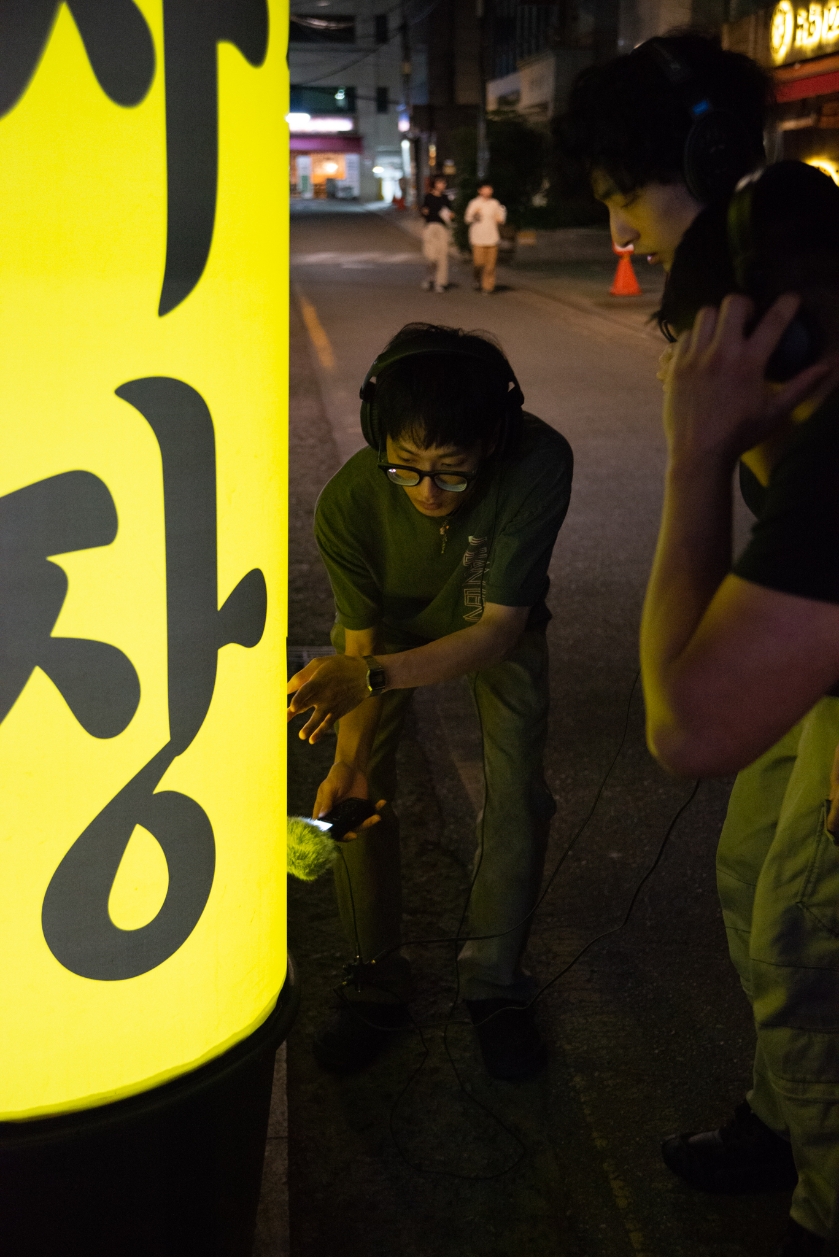
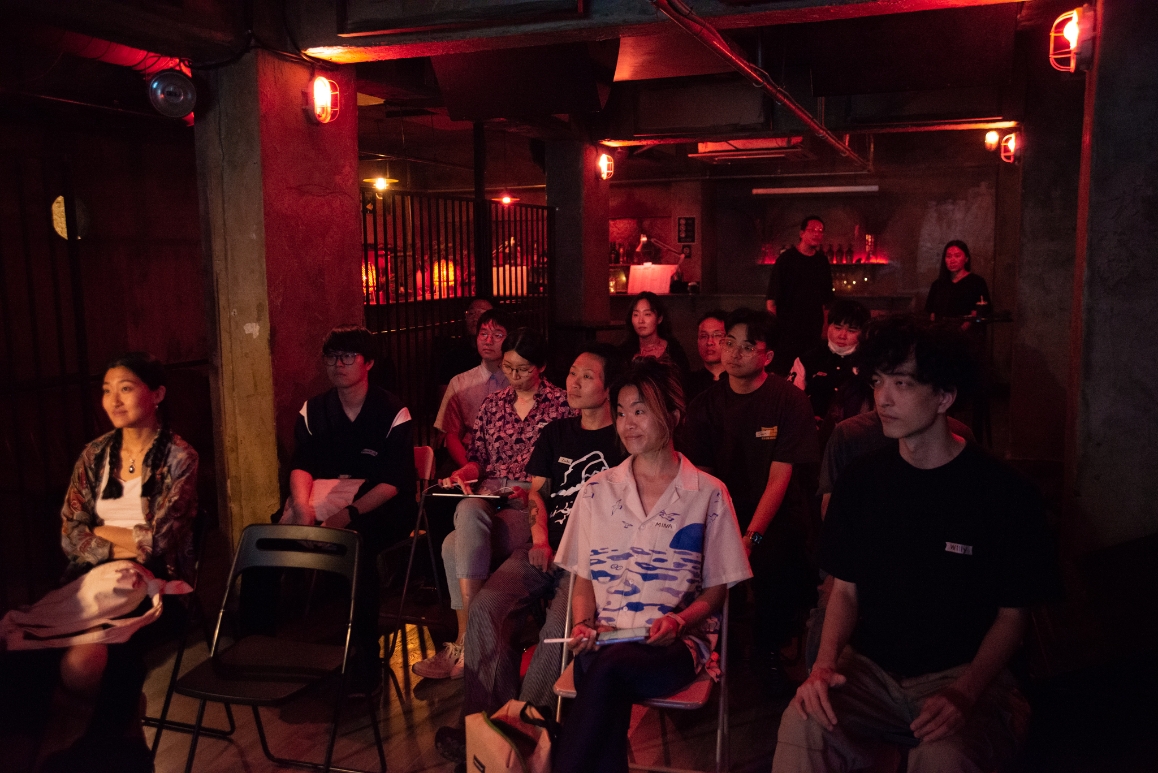
Read this next: The Asia Diaries: Claptone savours an enigmatic journey of the Far East
Do you have any creative tips you can share with our readers when it comes to composing with field recordings?
Nick: Field recordings can be used in a myriad of creative ways in the composition process. Music produced in a fully digital environment tends to be repetitive by nature. Therefore, layering such digital sounds with field recordings — which are dynamic and irregular by nature — can enrich your music.
Another tip would be to search for rhythms and melodies that occur naturally, such as water dripping or birdsong. You can isolate parts of these recordings and use them as either source material or inspiration for your music. At the end of the day, what's more inspiring than nature?
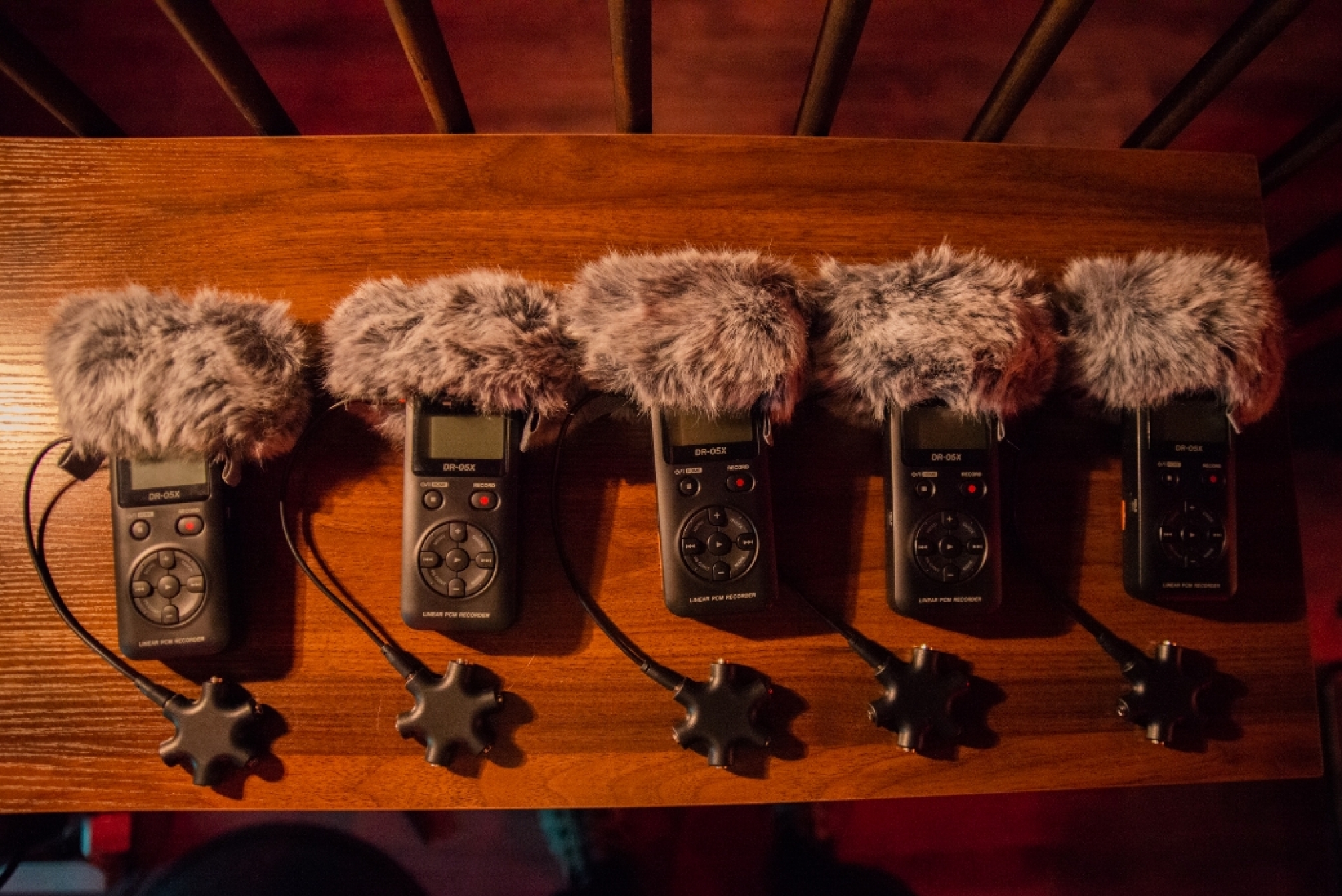
In your opinion, how does the element of field recordings enrich a particular composition?
Robin: Field recordings extend the sonic environment of a musical piece by adding depth and movement. In composition, the organic and evolving nature of field recordings can introduce interesting textural qualities that have a life of their own, thereby making a trackless linear, establishing new relationships.
The motion and development in recordings can also serve as a counterpoint to other elements. In our own works, we often apply recordings as a method to enhance the spatiality of a track and to envelop the listener. It adds to the immersive experience of a work once applied with care.
What’s your take on the future of electronic music in Asia?
Arjan: Domestic scenes within Asia have developed over different periods of time. It’s therefore hard to predict what’s next for the continent as a whole. While the club scenes in Japan, South Korea and Taiwan are established in many ways, there’s also a lot of potential across China, India and Southeast Asia.
Meanwhile, crowds seem very receptive to lots of different styles and genres. Our hope is that this positively influences a new breeze of local producers to stand up and develop their own trademark sound. For this to happen, a strong ecosystem of music entrepreneurship is essential — perhaps with experience brought in from the more established scenes mentioned before.
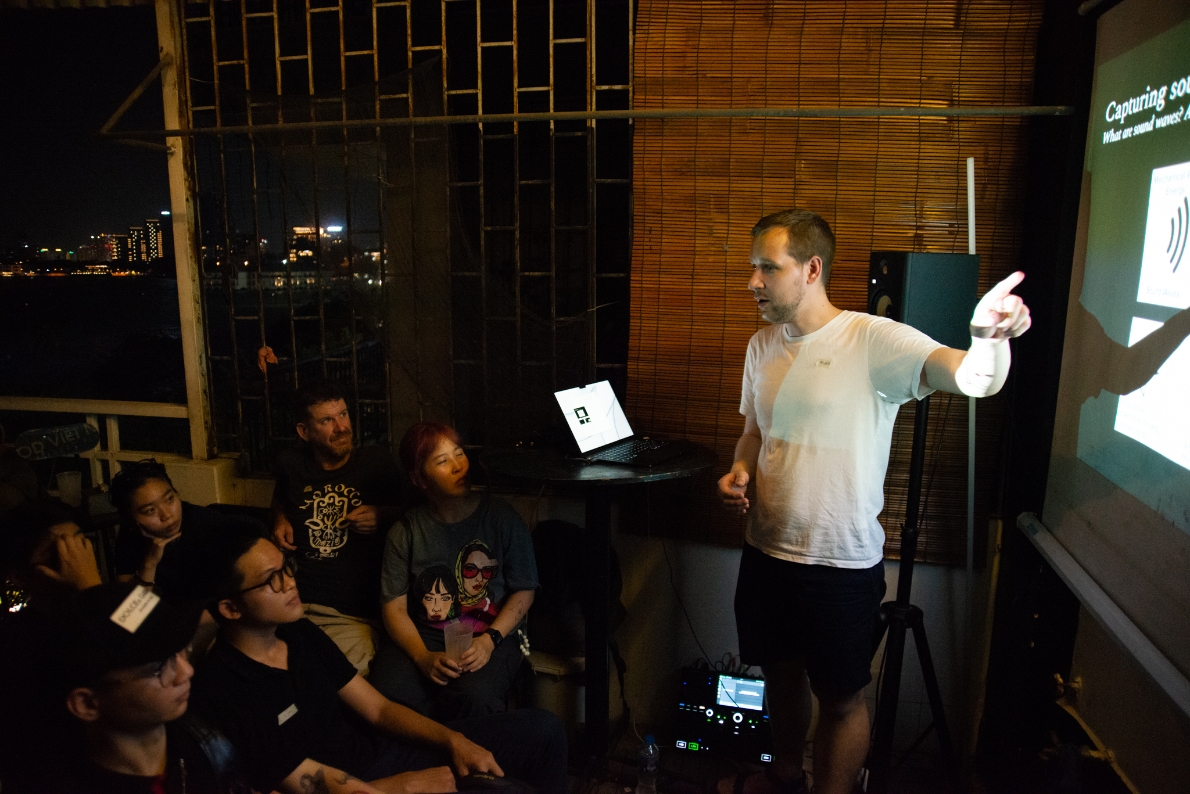

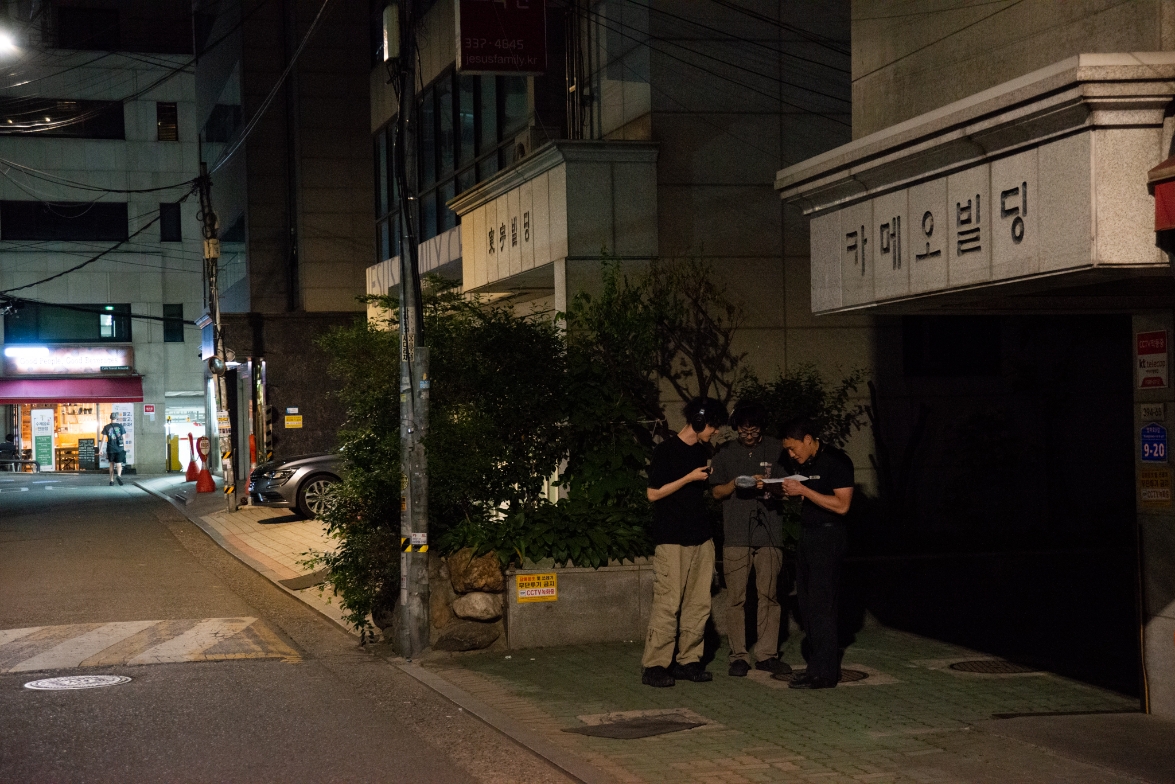
Read this next: Moments of aural excitement at Wonderfruit 2022
You have a follow-up advanced workshop coming up; what more can the attendees expect from this session?
Robin: The advanced workshop builds on the foundation of the recent on-site workshops in Hanoi, Seoul and Tokyo. These previous ones were a primer into field recording by covering its history, philosophy and practical applications.
With the advanced workshop, we will introduce different creative strategies to work with and process field recordings in the context of music composition. This creative perspective is combined with a functional approach of post-production, thereby covering techniques to enhance recordings for optimal sound quality within this context.
Field Records plan to host more on-site Landscape workshops (which have been supported by the Cultural Participation Fund) in different cities across the globe; see more updates from them via Facebook here.
Amira Waworuntu is Mixmag Asia’s Managing Editor, follow her on Instagram.


